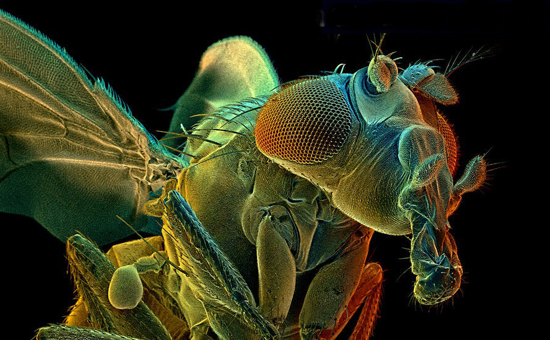What Is Left to Learn?:
The Scope of Human Ignorance Instructor: Thomas MoynihanProgram: History, Design & Worldmaking, Critical PhilosophyCredit(s): 1Date: July 20th, 27th, August 3rd, 10th.Time: 09:00-11:30 ET

DESCRIPTION: Worldviews are made as much as they are found, and perhaps more the former than the latter. Answers to the question of who we are, what we are, and where we might be headed have changed—often drastically—as our kind has learned more about this universe and our place in it. Put differently, knowledge is a thing that can only ever be earned by proving a predisposition to correct errors when they become apparent, and this is a process that inherently takes time.
From Blaise Pascal onward, people have noticed that this applies to wider human collectives as much as to the individual. It may sound Romantic in an age of disillusion and delusion, but our species learns as it ages, compiles shared memory, converses with itself, and accumulates insights about the world. A millennia ago, no one alive knew what stars are made of nor what powers them; now we do.
This Seminar will focus on the building of worldviews across time, framed around a provocative question: how much is left to learn? The answer to such a question cannot, of course, be quantitative or predictive. The history of ideas often tells us only how erroneous creatures like us tend to be. But if you find yourself in a pitch-black cave, the dimensions of which are invisible to you, you can shout, and the echo gives some slight sense of its scope. Similarly, it is only by attending to how incomplete prior worldviews have been that we gain any sense of the proportions of what we might yet be missing today.
Together, we will tend to such questions, whilst remaining vigilant to the fact that, though firm knowledge can indeed be won, we remain completely in the dark regarding the shakier questions of whether a worldview can ever be perfected or completed.
Session 1. From Arbitrary Worlds to Asserted Worlds: We will explore the question of legitimacy lying at the very base of the notion of adopting a ‘worldview’: is modern knowledge merely a secularised form of elder religious dogma? What even is it to have a world? Can there be hope for a better one?
Session 2. Are We The Only Worldmakers?: We will explore the perennial question of our place as worldmaking creatures within the wider tree of life. What can we learn from our only relatives, Earth’s other species? Do they also make their own worlds in the ways we do?
Session 3. Worlds Make Worldmakers, Worldmakers Make Worlds: A symptom and inevitable side effect of knowing about a world is knowing how to change that world. This way, all knowledge is knowhow, and all theory is potentially practical. What does this mean for an era wherein human systems are reshaping flows of energy and matter at a global scale? Is this planetary sapience or, instead, planetary stupidity?
Session 4. When Worldmaking Goes Awry: The status of knowing presupposes the possibility of error. If an utterance or internal state cannot even be wrong, how can it purport to have a world in view? But this means worldmakers can make mistakes, potentially vast ones, potentially ones that scar the collective historical record forever. This final session will grapple with this somber truth.
IMAGE: Color Enhanced Scanning Electro Micrograph of Drosophila Melanogaster, the Common Fruit Fly, 2021
To see The New Centre Refund Policy CLICK HERE.
To see The New Centre Refund Policy CLICK HERE.